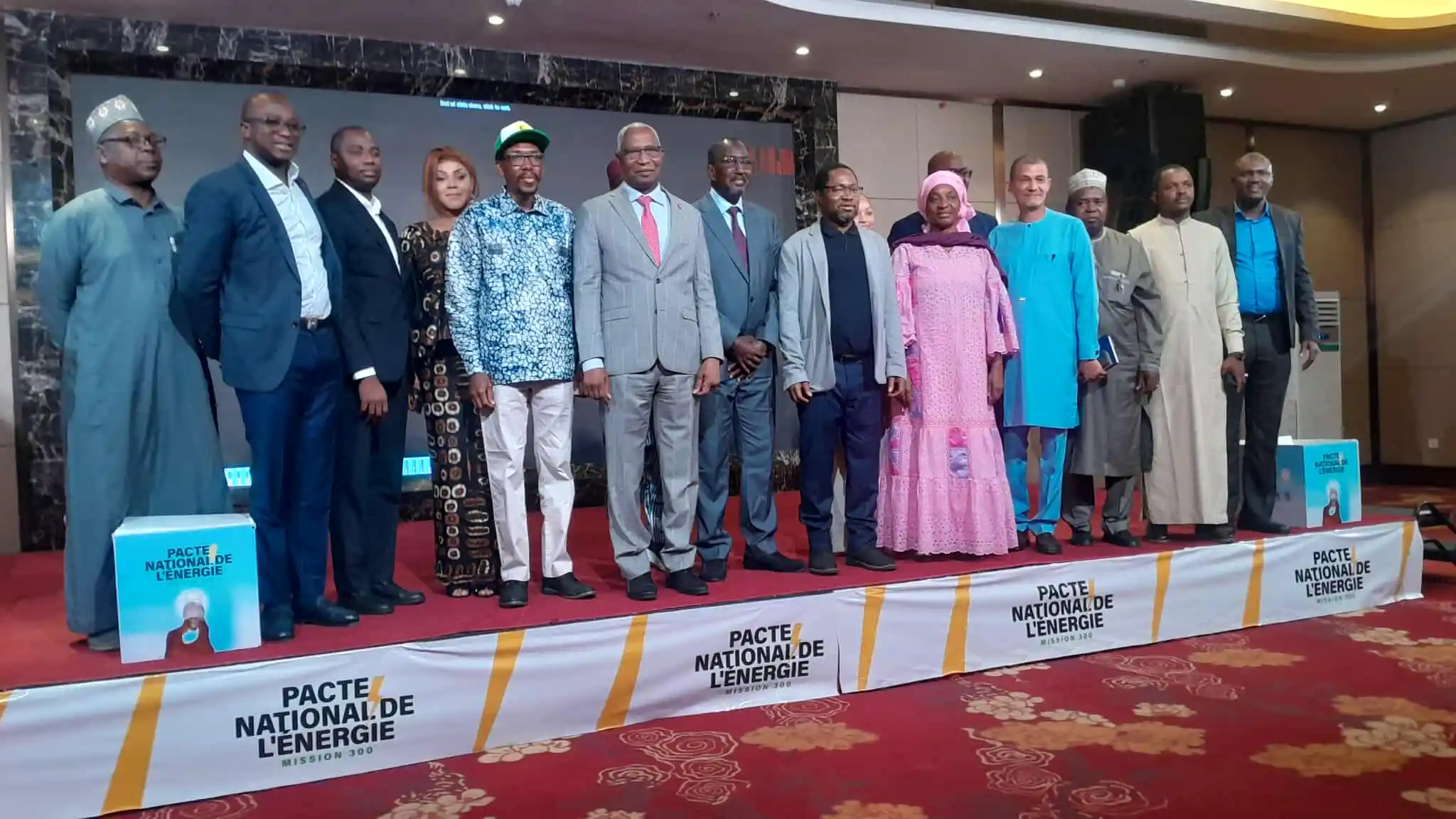
In a bold step toward transforming Guinea’s energy sector, Prime Minister Amadou Oury Bah unveiled the country’s National Energy Pact during a high-level workshop in Conakry on Wednesday, July 30, 2025.
The event brought together government officials, international financial partners, and private sector representatives to outline a roadmap for universal access to clean, reliable energy by 2030.
The initiative is part of Mission 300, a regional effort supported by the World Bank and the African Development Bank (AfDB), aiming to position Guinea as a key player in West Africa’s energy transition.
“For the Republic of Guinea, the stakes are clear,” said Prime Minister Bah. “We aim to provide 8.9 million more citizens with electricity, raise clean cooking access to 35%, and reach 67% renewable energy in our national energy mix. The ambition is environmental, economic, and social.”
“2030 is already upon us,” he warned, calling for swift, collective action. “We must engage with determination to meet the deadline.”
A detailed presentation of the pact was delivered by a representative of Energy Minister Aboubacar Camara, followed by a panel discussion on national electrification challenges and opportunities.
Government officials emphasized their intent to fast-track reforms, boost solar energy production, secure power transmission infrastructure, and streamline public spending to reduce budgetary dependency.
The Prime Minister also highlighted the rollout of prepaid electricity meters, with 300,000 units expected to be installed by year-end—a move praised for increasing transparency and revenue collection.
“The current collection performance is unprecedented,” said Bah. “This is a critical lever to reduce state subsidies in the energy sector.”
Looking ahead, the government aims to address debt obligations from major infrastructure projects like Kaleta, Souapiti, and several thermal plants. Simplifying bureaucratic processes to attract private investment is another cornerstone of the reform agenda.
“To make industrialization a reality, we need stronger energy production capacity. The state must focus on essentials, while the private sector captures market share,” Bah stressed.
World Bank representative Issa Diaw welcomed Guinea’s progress, particularly in expanding access and improving governance.
He confirmed a $132 million contribution for the second phase of the electricity access project, part of a broader $272 million investment.
“This pact is a deep transformation of Guinea’s energy development model,” said Diaw. “Together, we can meet the challenge of universal energy access.”
The finalized version of the pact is expected to be presented on the sidelines of the UN General Assembly in September. The goal: an electrified Guinea ready to become a regional power exporter.
“The World Bank Group reaffirms its commitment to support Guinea with technical assistance, project financing, and international expertise to scale proven solutions,” Diaw concluded. “We are confident that, with collective effort, we can build sustainable and inclusive development for all Guineans.



